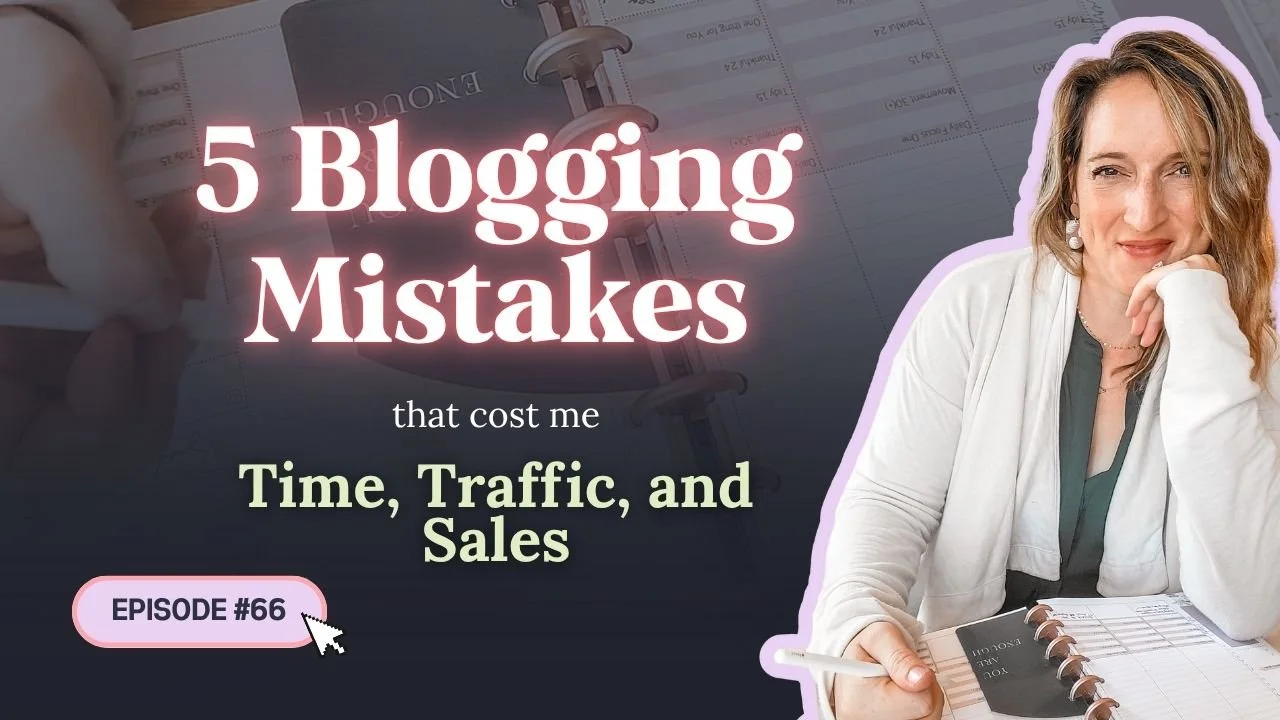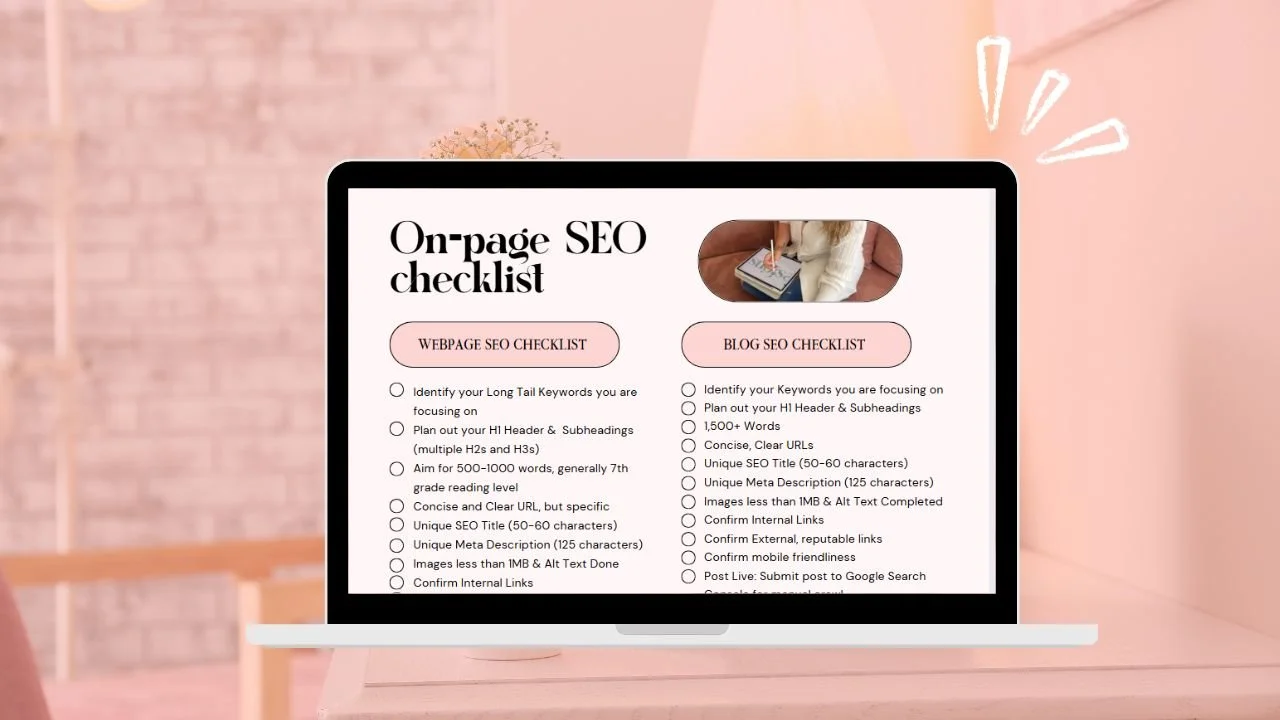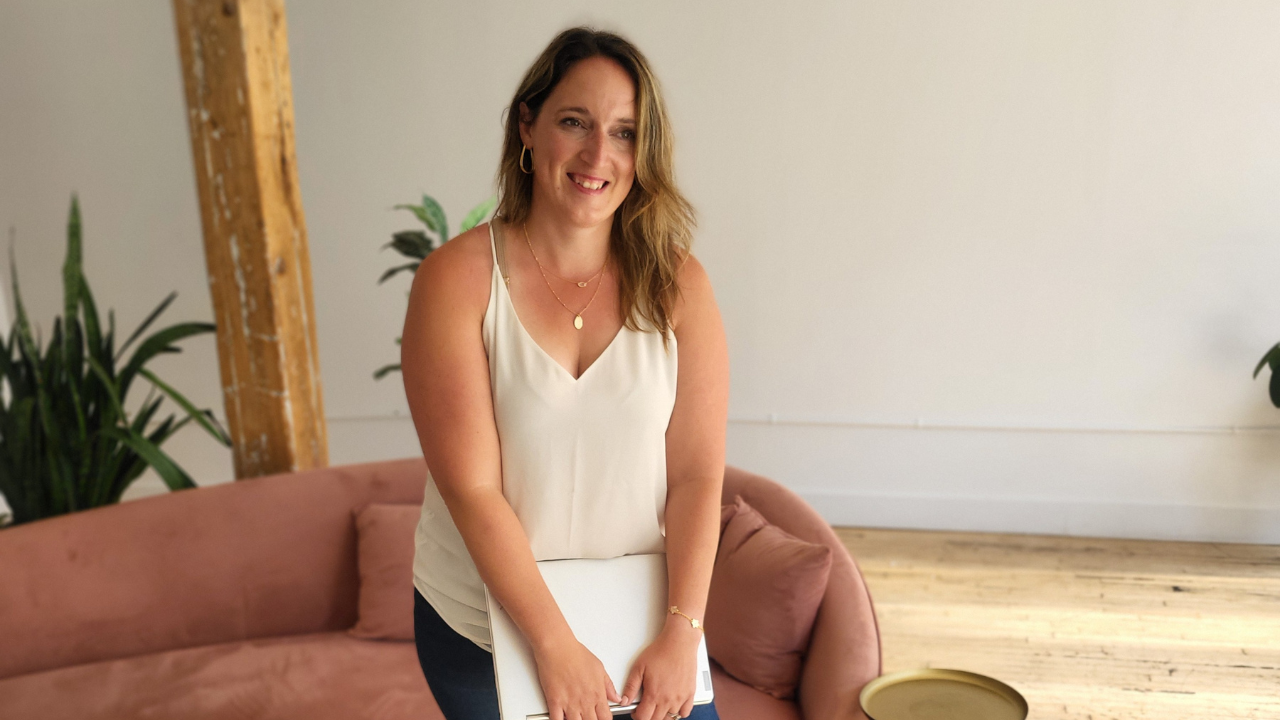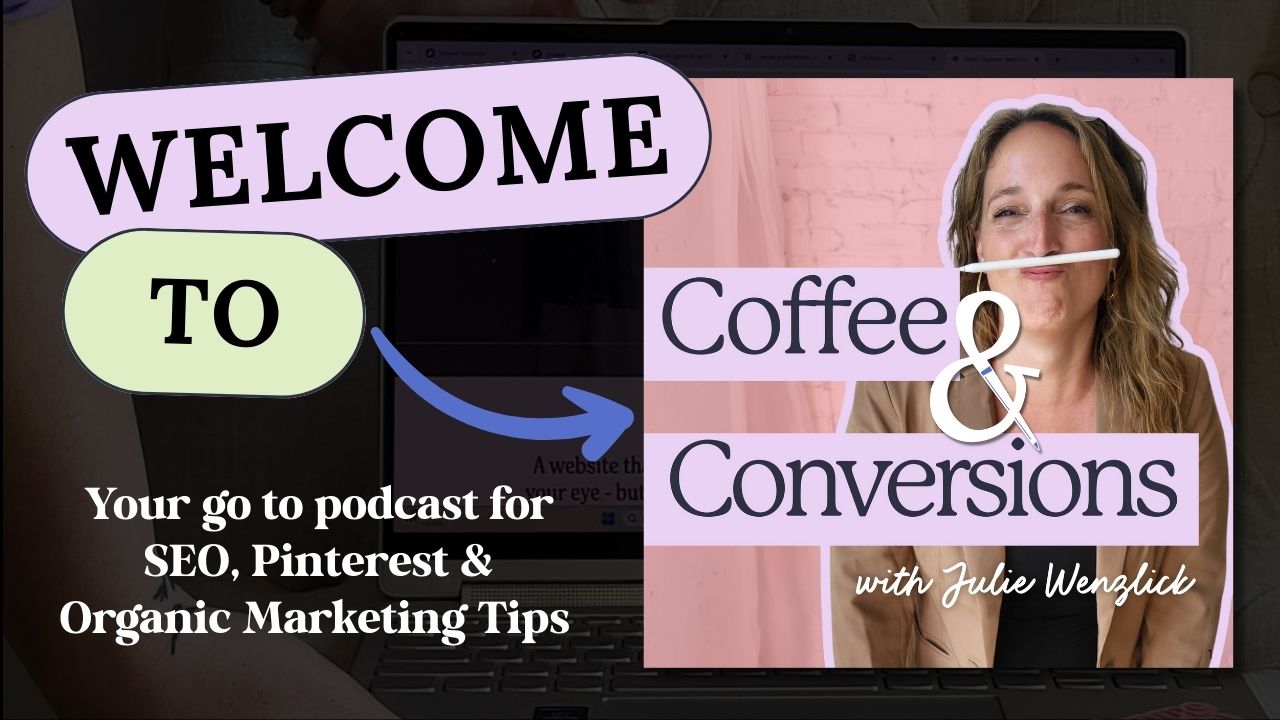Blogging Tips for New Bloggers: 5 SEO Mistakes I’ll Never Make Again
Filed Under
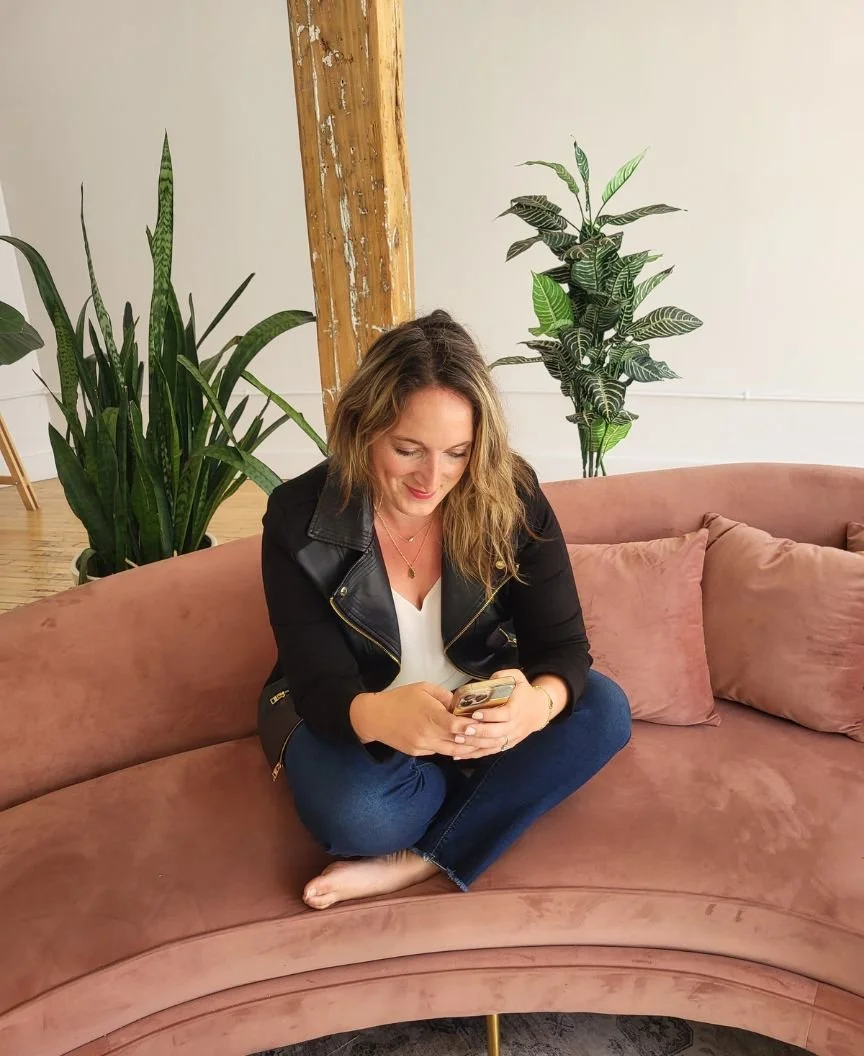
You know that feeling when you finally hit publish on a blog post and think, “Okay… people will find it now!” And then… nothing. Just silence.
I’ve been there.
Back in the early days of my first business — a planner shop — I was showing up weekly. Blogging my heart out. Sharing real-life habits, routines, and insights. But no one was finding it.
Not because my content wasn’t valuable — it’s because I didn’t understand the power of SEO. I didn’t know how to structure my posts so they’d actually show up on Google.
And that mistake? It cost me traffic, visibility, and momentum.
So in this post, I’m sharing my biggest lessons — the blogging tips I wish someone had handed me when I started. These are the 5 mistakes I made blogging without SEO… and what I’d do differently now.
Write What Matters to Your Audience — Not Just to You
Let’s talk about the #1 mistake I made:
I was writing what I wanted to say — not what people were searching for.
I didn’t have a keyword strategy. I wasn’t asking what my audience needed help with. I wasn’t checking search data. I was just writing from the heart and hitting publish.
Now? I still write from the heart — but with strategy behind it.
I start with long-tail keyword research using tools like:
-
Ubersuggest
-
Answer the Public
-
Don’t use AI ONLY – they suck at keywords. You can get ideas but then double check the math. Semrush is gold standard but its expensive which is why I recommend ubersuggest
See Episode 49 for how to do keyword research
This helps me figure out what my ideal clients are Googling – and how I can show up with a helpful answer in my voice.
Use Headlines People Are Actually Searching For
Here’s a hard truth: Your blog post headline can make or break your SEO.
In my early blogging days, I wrote what I thought were “fun” or “catchy” titles. Things like:
-
“Morning Magic”
-
“Behind the Scenes”
-
“July Reset Thoughts”
But guess what? “Morning Magic” is hard to rank for and is generic. An easier to rank example? “Morning Routine for Working Moms.” Small tweaks, big difference.
Even small tweaks in your title can help your post become way more searchable. A few headline tips for new bloggers:
-
Use words your audience would actually type into Google
-
Avoid vague titles
-
Back up your ideas with real keyword research
Example:
Last year, I blogged about taking a break from technology.
I almost titled it “Digital Detox.”
But that keyword had a difficulty score of 74 — nearly impossible for me to rank for.
So I used “Social Media Break” instead, which had lower difficulty and real search volume.
The takeaway? Cute doesn’t rank. Clarity wins.
Link Intentionally – Don’t Leave Posts Floating in Space
This is one of my favorite blogging tips for new bloggers: Every blog post should live in a network.
In the beginning, my posts were islands. No links to other content. No direction for readers. No SEO strategy.
Now? I build linking into every post. That means:
-
Internal links to related blogs, podcast episodes, or service pages
-
External links to trusted sources
-
Clear calls to action that guide the reader somewhere next
Linking helps readers stay on your site longer and helps Google understand how your content connects. That means better SEO and a better user experience.

Structure Your Content With H2s, H3s, and Keywords
You need to make your blog skimmable – for readers and for Google.
In my early blogs, I just bolded subheadings or changed the font size. I didn’t use real header tags. That made it harder for search engines to crawl my content and understand what it was about.
Now I’m intentional with:
-
One clear H1 (your blog title)
-
H2s for major sections
-
H3s for sub-points or lists
And yes – I include keywords in my H2s and H3s when it makes sense.
This structure helps your reader quickly find what they’re looking for, and it helps your content rank for relevant search terms.
Don’t Wing It – Plan Your Content Around Strategy
When I first started blogging, I wrote whatever felt inspiring that week.
That meant no long-term strategy, no keyword targeting, and no seasonal planning.
Now? I plan my blog content quarterly.
I map out:
-
Seasonal topics
-
Common client questions
-
SEO gaps based on what I’m not currently ranking for
-
Content that ties into my offers and freebies
A quarterly content plan gives you clarity, consistency, and focus.
It also helps you stop chasing random ideas and start building real momentum.
Real Example: What Changed for My Client When She Blogged for SEO
When I started working with Stephanie from How2Mom, her blog was full of heartfelt, useful content — but it wasn’t getting found.
Together, we:
-
Audited old posts
-
Added long-tail keywords
-
Rewrote headlines
-
Improved structure and internal linking
And guess what?
Her visibility started climbing.
It didn’t require a total content overhaul — just a smarter, more strategic approach.
A Quick Blogging SEO Checklist for Your Next Post
Before you hit publish, ask yourself:
-
Do I have a long-tail keyword in mind?
-
Is my title something people would actually search?
-
Am I linking to at least one post and one offer/resource?
-
Are my headers structured and keyword-friendly?
-
Am I writing with intention — not just reacting to a passing idea?
Final Thoughts: Blogging Without SEO Is Like Whispering Into the Void
If you’ve been blogging consistently but wondering why your content isn’t gaining traction, you’re not alone.
I’ve been there. I’ve blogged my heart out and heard nothing but silence.
Here’s the truth: Blogging only works when people can find what you’re writing.
SEO isn’t magic. It’s strategy.
It’s connection.
And when you learn how to use it, blogging becomes one of the most powerful tools in your business.
Want a shortcut?
Download my free SEO checklist for bloggers — it’ll walk you through the tools and strategies I use every single time I create a new post.
Your content deserves to be seen.
And now? You know exactly how to make that happen.
